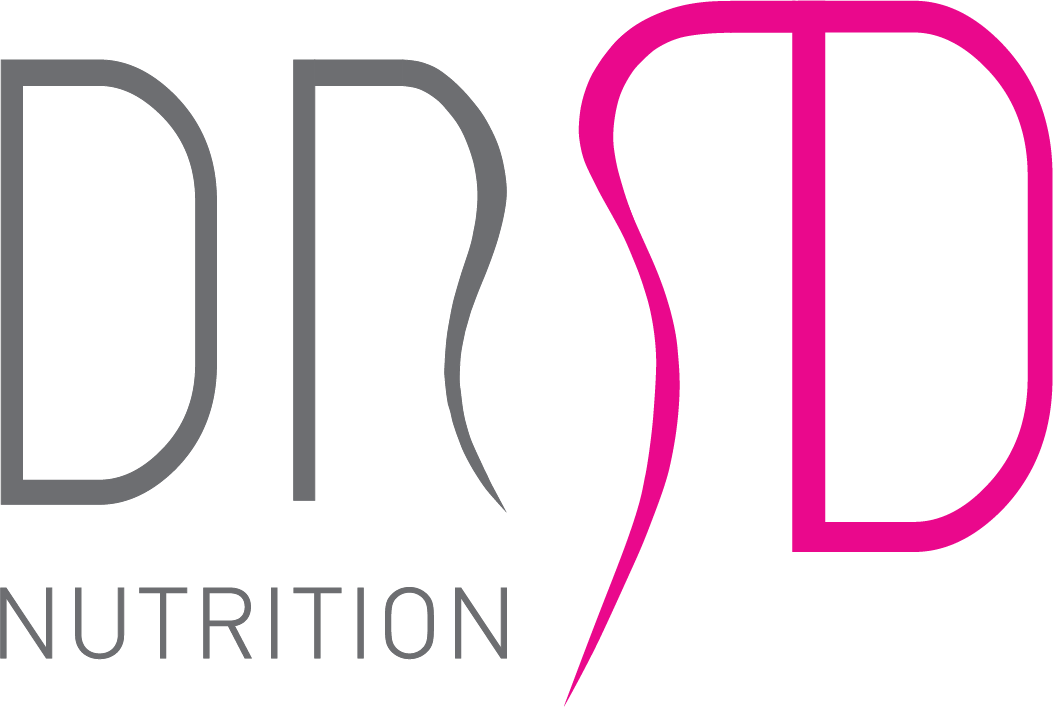Irritable bowel syndrome (IBS) is a functional digestive disorder that affects approximately 13-20% of Canadians. It is the most common GI condition worldwide, however, only 40% of those with IBS seek medical help. Given the chronic, debilitating, and painful symptoms associated with IBS, one’s quality of life is greatly affected. Lifestyle and dietary changes will make a huge difference!
The FODMAP diet is the most scientifically supported elimination diet to better manage IBS symptoms. The key point in following this diet is to be systematic. Consulting with a professional will help you navigate through it.

A bit more about IBS
IBS can begin in childhood, adolescence, or adulthood. It can also disappear for a period of time, then reappear. Stress is a key factor in triggering flare-ups. IBS is more common in women, however, it affects men as well. Individuals with IBS have heightened sensitivity in their GI tract. This means that their gut responds differently to stimuli, which leads to pain and other symptoms.
The most common symptoms associated with IBS are known as the ABCDS:
- Abdominal pain
- Bloating
- Constipation
- Diarrhea
Most people experience unpleasant GI symptoms from time to time. However, for someone living with IBS, these symptoms will be very frequent and intense to the point that they interfere with daily living and quality of life. Symptoms vary from person to person - some symptoms may be more dominating than others, while others may be more random. Unfortunately, unpredictability can often lead to further stress and anxiety.
Other than GI symptoms, individuals with IBS often report sleep disturbances, migraines, and back pain. Additionally, emotional disturbances are common in individuals with IBS - depression, shame, guilt, low self-esteem, and fear are some examples. Seeking professional psychological support will help deal with emotional distress and establish stress management strategies.
Do I have IBS?
There are currently no specific medical tests that can diagnose IBS. Physicians will start with a medical history to understand your symptoms over time. They will be able to confirm an IBS diagnosis by eliminating other critical GI and medical conditions, such as Celiac disease, Crohn’s disease, cancer, etc.
I have IBS - now what?
IBS can be managed in various ways. Dietary and lifestyle modifications can make a huge difference by reducing symptoms and improving overall quality of life. Given that our GI tracts are all unique - different foods will trigger symptoms depending on the person.
Food, stress management, adequate sleep, and medications are other options that may help. Consult with your physician for more information.

The low FODMAP diet
As mentioned above, the most effective dietary therapy for managing IBS is the low FODMAP diet. FODMAPs (Fermentable Oligosaccharides, Disaccharides, Monosaccharides, and Polyols) are types of carbohydrates. Foods high in FODMAPs often worsen symptoms in those with IBS. The low FODMAP diet requires eliminating all high FODMAP foods for 4-6 weeks, and then slowly reintroducing them. This helps identify which foods (and quantities of those foods) cause symptoms.
Given the elimination nature of this diet, a registered dietitian can help ensure you’re still meeting your dietary needs.
You’re not alone!
IBS can take a large toll on a person’s mental health and daily life; there are many trained healthcare professionals who can help. Consult with a DRRD Nutrition registered dietitian to get the support you need.
Sources
- Irritable bowel syndrome (IBS). (2020, July 3). Gastrointestinal Society. https://badgut.org/information-centre/a-z-digestive-topics/ibs/
- Syndrome de l’intestin irritable (SII). (2021, March 31). Société gastro-intestinale | www.mauxdeventre.org. https://badgut.org/centre-information/sujets-de-a-a-z/syndrome-de-lintestin-irritable/?lang=fr
